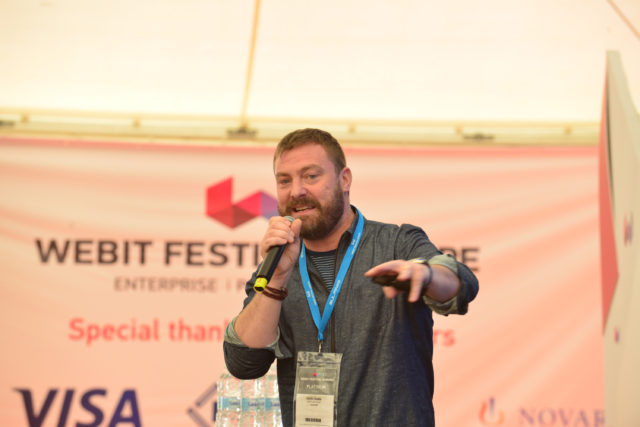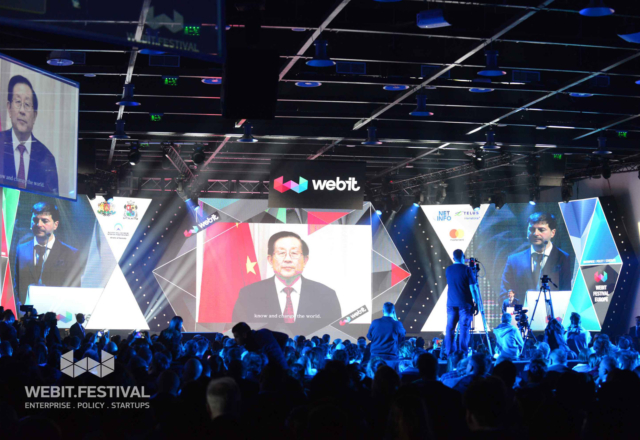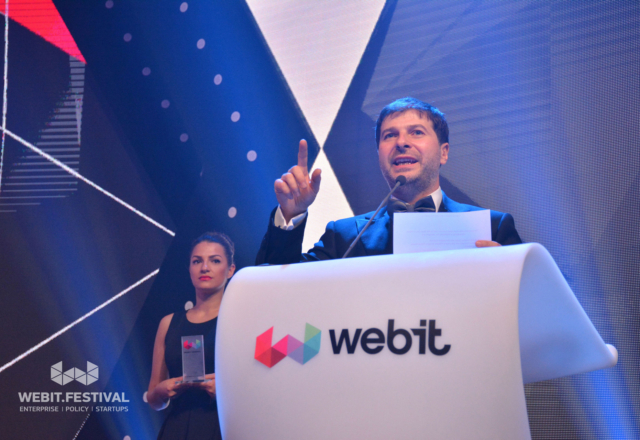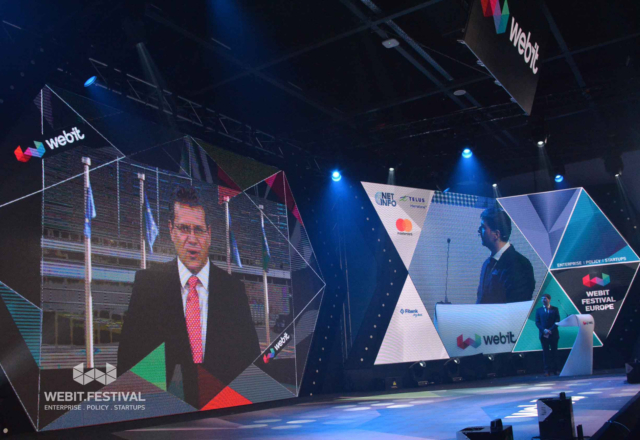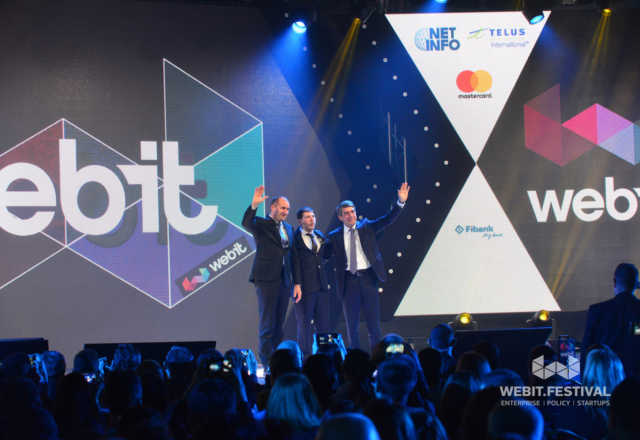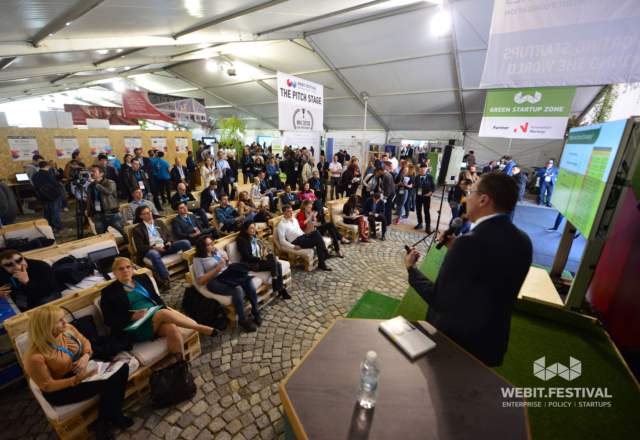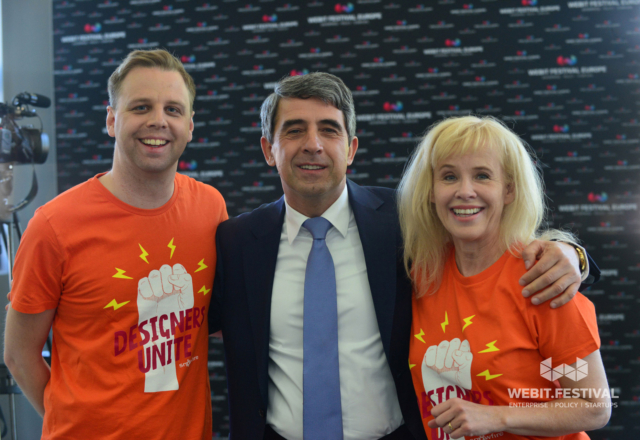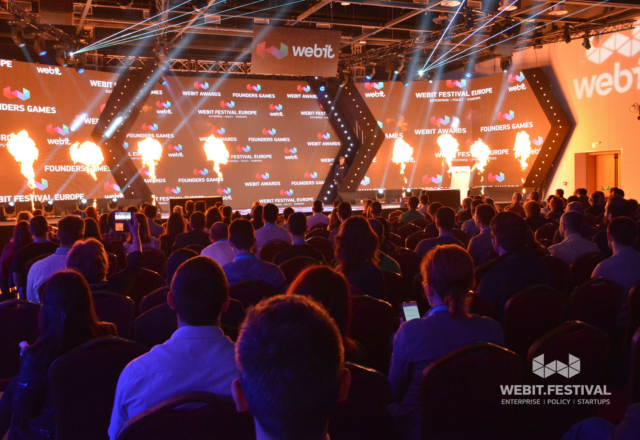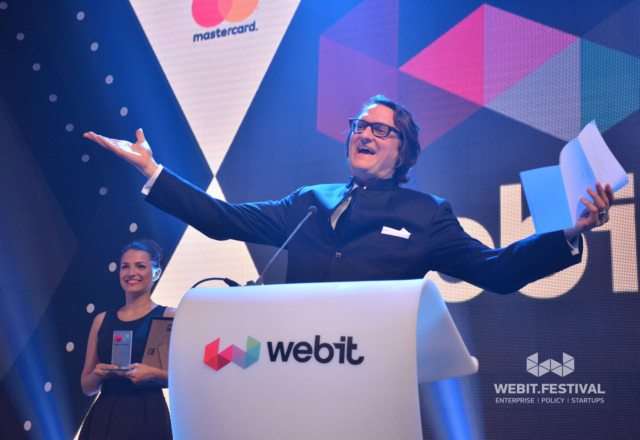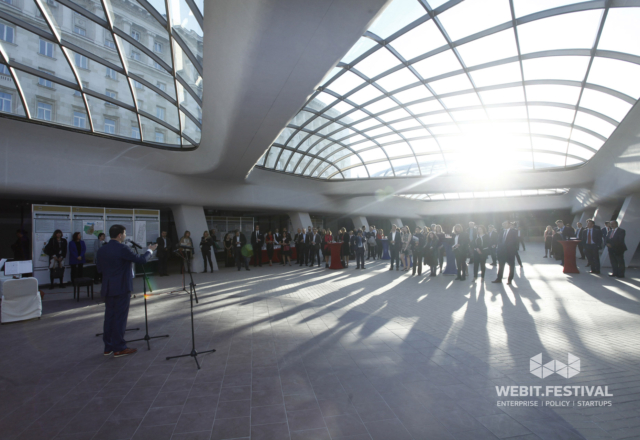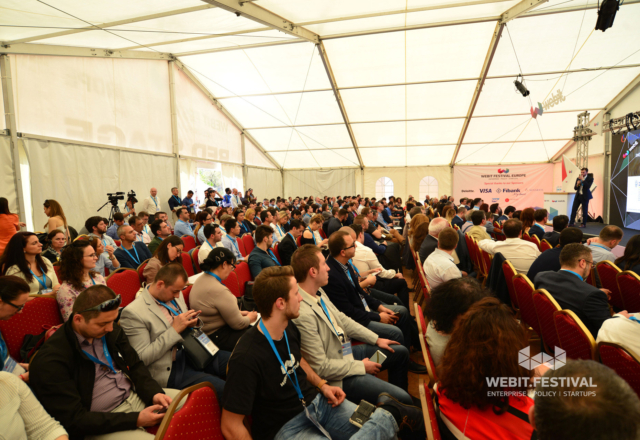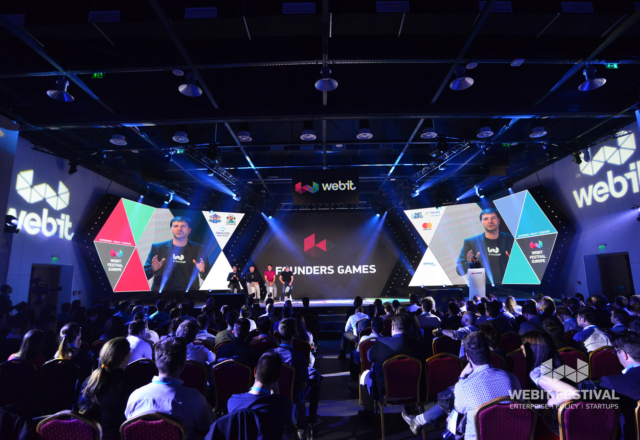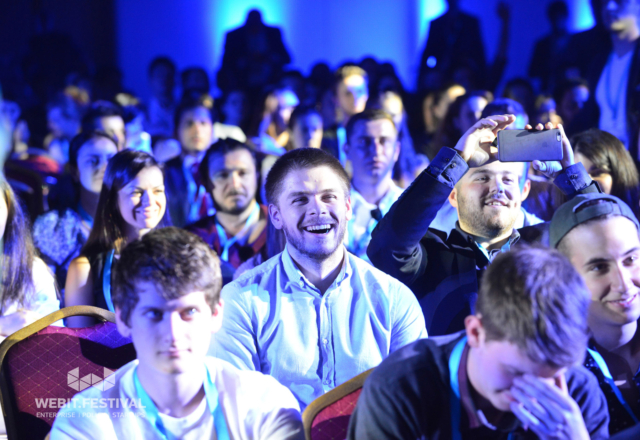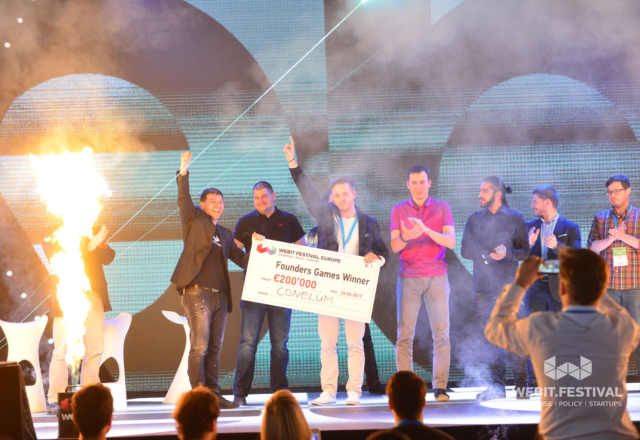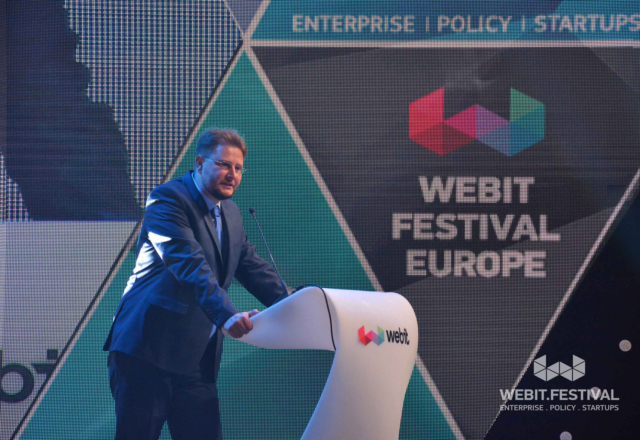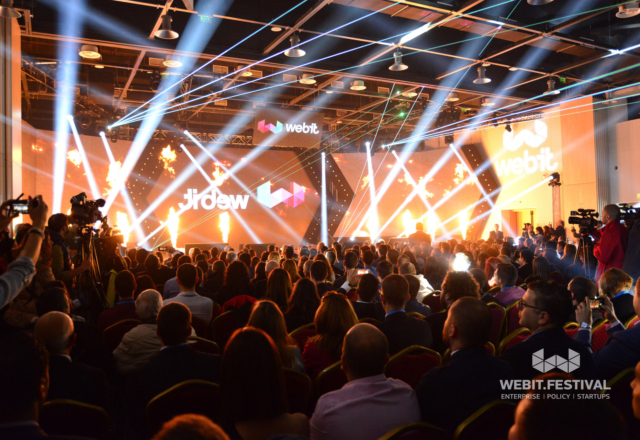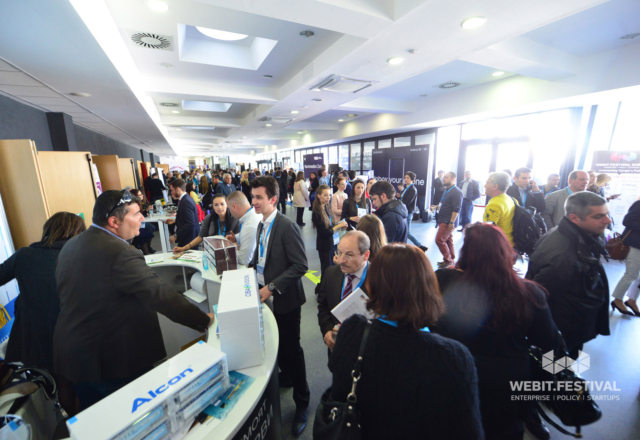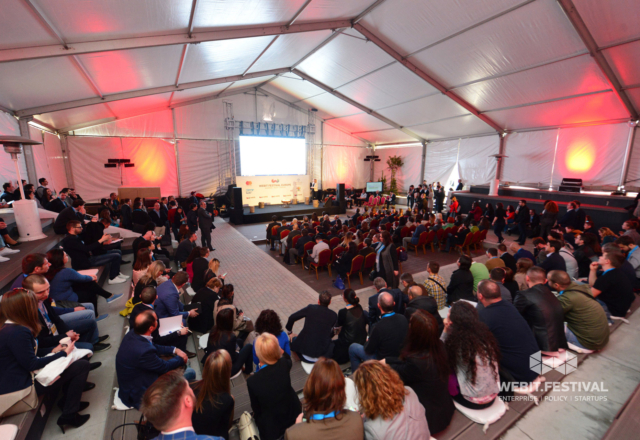Over the past few decades the art of marketing has developed in an increasingly globalized world – a trend, that was only accelerated by the emergence of internet and digital technology. During that period of time we had almost a global liberal consensus, both politically and socially, about the path our world must take. But right now it looks like this world order is on its way to an inevitable collapse and this is something that leads to a massive change the way the companies are approaching consumers.
A lot of the brands that we know today took over in the last 25 years and were built on the basis of a global and unified world. In the reality now this is no longer true, because we realized that this concept can’t hold. There are people and constituencies around the world who had been left behind by globalization, who haven’t received benefits as much as other groups. And as a result of that we have the rise of populism. It has given us Trump in the USA, it has given us Brexit in the UK and perhaps even more horribly the phenomenon of grabbing power in Turkey.
During the recent Webit.Festival Europe we had the chance to hear these trends explained by the Chief Creative Officer of DigitasLBi Chris Clarke. During his presentation he talked about the death of empathy in the information age and shared his vision on the changes that needs to be made in order to protect our society from the dark and unintended consequences of the idea of free information.
“We are experiencing great social changes and they are completely changing the way brands need to communicate. Only 17 years ago the most powerful computer in the world was called the Big Red and was about the size of a room. Six years later the same processing power was available in the Sony PlayStation 3 and now it is available in the smartphones in our pockets”, he said.
According to Clarke now it is almost impossible for any person or organization to really know what is happening in the world. The pace of change is very fast that it is almost impossible for governments and legislation to keep up. We have a growth of massive digital businesses that have disrupted whole industries and this comes with a big prize that someone has to pay.
When The Cluetrain Manifesto, often regarded as the Bible for digital disruption, was released in 2009 we all took for granted the notion that information wants to be free and the idea of free content online.
Now we can see that while the industrial disruption can create great opportunities, the problem is that the disrupted industries have not really been replaced in terms of jobs. We have the challenge that economists describe as “premature deindustrialization”.
A developing country, like India for example, is trying hard to get the people out of the fields and put them into factories. But now the factories are operated by machines and apps, so they have to get people out of the fields and put them into educational institutions to teach them about software development, which is much bigger leap. That caused huge challenges and countries are struggling to keep up.
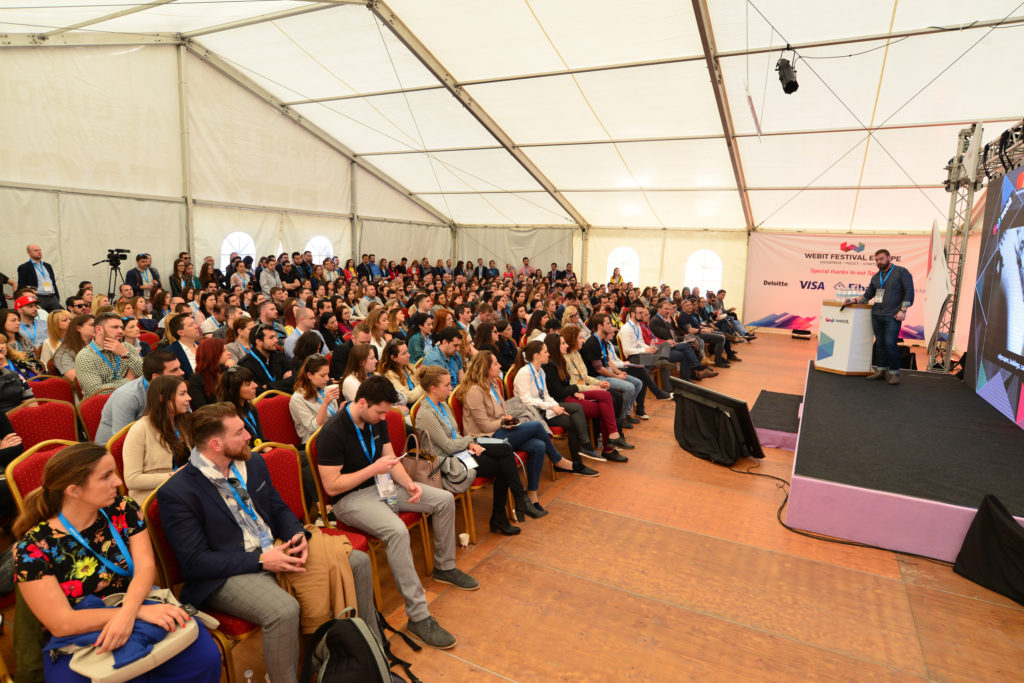
Back in 2012 when Instagram was bought by Facebook for a $1 billion was the year when Kodak went bust. In its peak Kodak employed 300 000 people around the world and it made revenues of $3-4 billion a year. When Instagram was bought for a billion Instagram had 30 employees and made revenues of $0. So there are some major challenges in terms of value destruction, as well as value creation when it comes to digital disruption.
As someone who describes himself as a cheerful dystopian, he warned that marketers must think about the impact of their works when advising brands about the brightest ways to operate in this space. Because the development of internet did not give control to the consumers – it took it away from them.
Today we are checking our phones regularly even when we should be playing with our children. The reason for this is the addiction we develop, because of the dopamine reward that the usage of different platforms is giving us.Clarke describes the social media and global businesses like Google and Facebook as the best system of population control ever invented.
“People like to talk about the Arab spring as being a wonderful moment of social media giving start to great rebellion. But it didn’t exactly end up well, did it? Because even as Facebook is quite good for helping us organize ourselves, it’s pretty rubbish when we have to come up with alternative to a theocratic state, like Iran for example. People there are not thinking deeply about their issues, they are liking, passing on information, getting that quick dopamine reward and then moving on”, he said.
The fact that most of the platforms we consume information from are tailored for us creates filter bubbles that took away from us the idea of what people, who are not like us, are reading or experiencing. This is why for many people it was surprise that Brexit and Trump happened – because these major world shaking events are forming inside someone else’s bubble.
It is therefore impossible for a brand to address everybody with one campaign idea globally. Because each filter bubble is unique. Couple of years ago Google’s Executive Chairman Eric Schmidt predicted that it will be very hard for people to watch or consume something that is not in some sense been tailored for them.
But despite this negative trends, Clarke is sure that the massive polarization of audiences gives the big brands a chance to stand up and be the driver behind the positive change in the world. The reason is that it is really difficult to mean something to anybody when you are occupying the middle space that is now disappearing.
Right after Donald Trump introduced his Muslim ban in the USA, many brands stood up against this, risking to alienate part of their audiences and saying that money are less important than values. This is something that we did not often see in the past and can be an opportunity to have a real impact in the society.
“I genuinely think that there is a fantastic opportunity if we think in the right way of how the internet is configured, if we question it, if we don’t just pretend that the customer is in control, if we don’t just pretend it is all about democracy and laugh. If we recognize some of the darker sides of what we are building we can change it and make it better. And I think that brands have a fantastic role to play in that”, Chris Clarke said.
You may watch his full lecture here:
If you want to keep up with the latest trend in the world of digital economy and technology, then Webit.Festival is the right place for you. Visit our website and book 2 of our Super Earlybird tickets for Webit.Festival Europe 2018 for just €100.
Feel the Webit vibe with some of the best photos from this year’s event!
